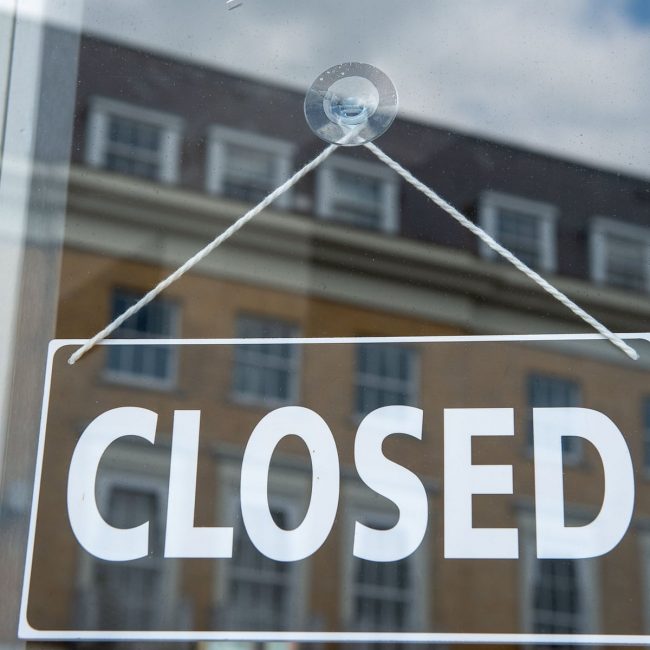How to cope with the stress of your business not operating under level 3 of the lockdown
Devan Moonsamy
Level 3 of the lockdown is seeing South Africans queuing at the liquor stores, shopping and exercising without a curfew. We have even seen joy as worshippers have been allowed back to their place of worship under level 3 of the lockdown. This has been embraced across the country despite the number of people positive with the virus on the increase. At the same time grade 7 and 12 learners have been asked to return to school as an effort to initiate normalcy by the government continues.
With the levels on downgrade and the allowance being made for most business to operate again there are still many who haven’t been able to recover from the lockdown. Many businesses have closed as a result of not being able to function post level 5 as they have been unable to financially recover.
This has been not just stressful but concerning as with the closure of a business will mean more people out of work.
At the same time other industries that are not deemed essential at the moment have expressed grave concern over the delay in allowing them to operate under level 3 regulations. The industry that is crucial in society and hasn’t been allowed to open is the grooming industry.
Hair salons, nail bars and grooming companies that offer hair removals have not been allowed to operate. This makes up a large number of the people in the community who rely on this trade to provide for their families. The stress of not knowing when the business will be able to open again has many people struggling to provide food on the table.
This is a concern as most people in this industry have strong knowledge in this skill and will find it hard to find alternative work whilst waiting for the industry to come back on its feet again.
If you are in the salon industry and you are concerned about work nothing, we say might change how you feel. But we can do is encourage you to remember that when you are back to business keep it regular.
Have a plan of action for when the industry is allowed to operate again. Ensure that you have much more sanitising and social distancing in your work place.
Try to ensure you limit the number of people in for appointments in the day. In order to make up for not having a full salon try extending your trading hours if possible. This way you can see more people in the day ensuring you do not exceed the number that makes for appropriate social distancing in the day.
You staff are just as concerned as you. Check in on them and assure them that you do have a plan of action and perhaps start working out rosters so each staff members gets a chance to earn something when doors open again.
It may not be possible for all staff members to be present together as you will still have to maintain social distancing but perhaps look at how you can accommodate them to ensure they have a chance to work and make a few shifts for a salary at the end of the month.
Right now this plan or action and the vision of when you will be operating seems far away but the lockdown has eased allowing many industries to get back on their feet again. It will take time but you will get there too. Stay positive and hopeful that you will be up and running soon.
Devan Moonsamy is the author of the Book Racism, Classism, Sexism and all the Other ISM’s that Divide Us. He is also the CEO of ICHAF Training Institute. ICHAF offers SETA-approved training in business skills, computer use, and soft skills. Devan specialises in conflict and diversity management, and regularly conducts seminars on these issues for corporates. To book a seminar with Devan or for other training courses, please use the contact details below.
Tel: 011 262 2461 | Email: devan@ichaftraining.co.za | Website: ichaftraining.co.za | devan-moonsamy.com






